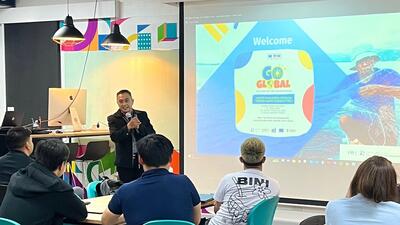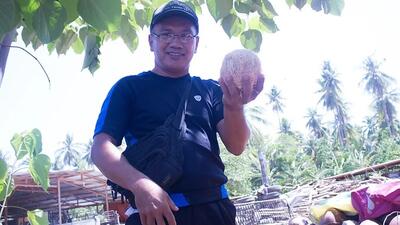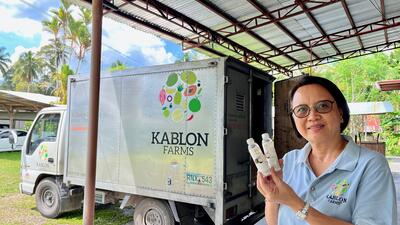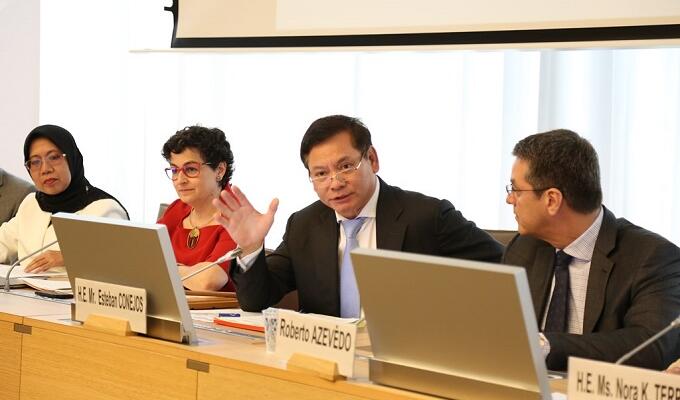
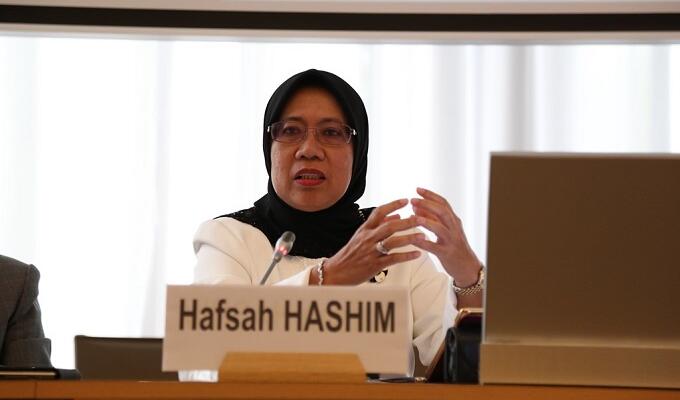
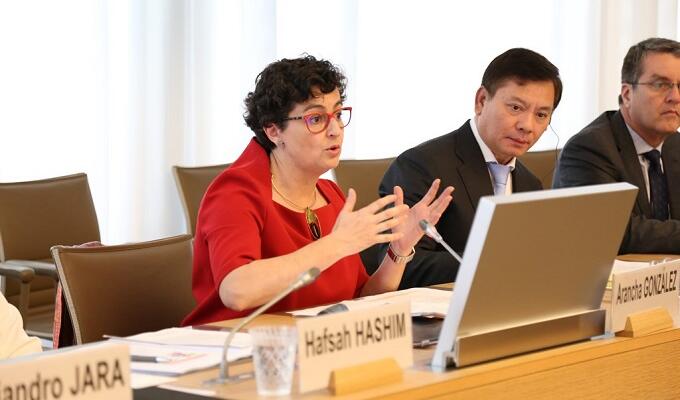
Enabling MSMEs to participate in international trade
The International Trade Centre (ITC) and the World Trade Organization (WTO), along with the missions of the Philippines, Lao PDR, Malaysia, Brunei Darussalam, Singapore and Thailand, on 21 June held a workshop on ‘Enhancing the participation of micro, small, and medium-sized enterprises (MSMEs) in international trade’.
Held at WTO headquarters in Geneva, the workshop aimed to examine countries’ experiences, successes and challenges related to the participation of MSMEs in international trade. Speakers addressed several trade policy issues affecting the ability of MSMEs to ‘internationalize’, to directly or indirectly participate in the export or import of goods or services. In her opening remarks, ITC Executive Director Arancha González called for a two-pronged approach: to ‘ensure that trade rules are conducive to MSME integration in regional and global value chains’, and to use the Aid for Trade agenda to ensure that smaller firms are actually able to participate in international trade.
MSMEs make up an estimated 95% of all global firms, employ at least 60% of the global workforce and account for 50% of total value added. They are disproportionately important to the livelihoods of vulnerable sections of the workforce, particularly women and youth. Enabling MSMEs to raise competitiveness and productivity, and to connect to international trade and investment, would lead to broad-based growth and job creation, the panelists agreed. Yet MSMEs are often unable to compete effectively in global markets due to a lack of access to information and finance, and because of trade-related costs, such as mandatory and voluntary standards as well as poor trade logistics.
Because of their smaller size, trade-related fixed costs weigh more heavily on MSMEs than on their larger competitors. Workshop participants proposed initiatives and possible trade policy changes to remedy some of the challenges facing MSMEs in international markets. All panelists called for better transparency in regulations and laws in order to reduce information asymmetries between MSMEs and larger firms.
Rebuttable presumption
Alejandro Jara, from the law firm King and Spalding, drew attention to existing initiatives such as I-TIP, which provides frequent updates on a wide range of trade measures, from tariffs to non-tariff measures, such as regulatory changes to standards, while presenting them in an organized, readily comparable format. He suggested more could be done to translate such information into other languages. In terms of rules, he raised the possibility that trade remedy investigations could operate under a ‘rebuttable presumption’ that MSMEs are too small to cause injury to domestic industry in other countries.
Participants generally agreed that digital communications provided MSMEs an opportunity to participate in international trade through e-commerce, with lowered transaction costs through disintermediation making it possible for small firms to capture a higher share of value added. The inability to institute international payment solutions and high shipping costs still prevent MSMEs from fully benefitting from e-commerce.
Cutting export costs
WTO Director-General Roberto Azevêdo said that the implementation of the WTO trade facilitation agreement (TFA) would, by reducing export clearance times and costs, help MSMEs increase their share in exports. Carlos Grau Tanner, Director-General of the Global Express Association, an industry association of international express delivery companies, discussed possible solutions to varied array of complex rules and procedures for tax and document collection at the border that can frustrate MSME exporters.
One proposal was for agreement among a group of like-minded countries to set out common, simplified documentation requirements for shipments of goods under a specific uniform threshold value. MSMEs would then be able to trade with multiple markets more easily.
Hafsah Hashim, from the SME Corporation of Malaysia, noted that businesses and governments often have different views on the most pressing factors impeding MSME internationalization. She shared details about how her home country identifies the most promising MSMEs for special support and attention.
Delegates used the workshop to share experiences about MSME-focused policies and initiatives from their respective countries.
In conclusion, Ambassador Esteban Conejos of the Philippines, who chaired the workshop, said "MSMEs should be the prism through the facets of which light will be shed on our policies and actions regarding trade."






